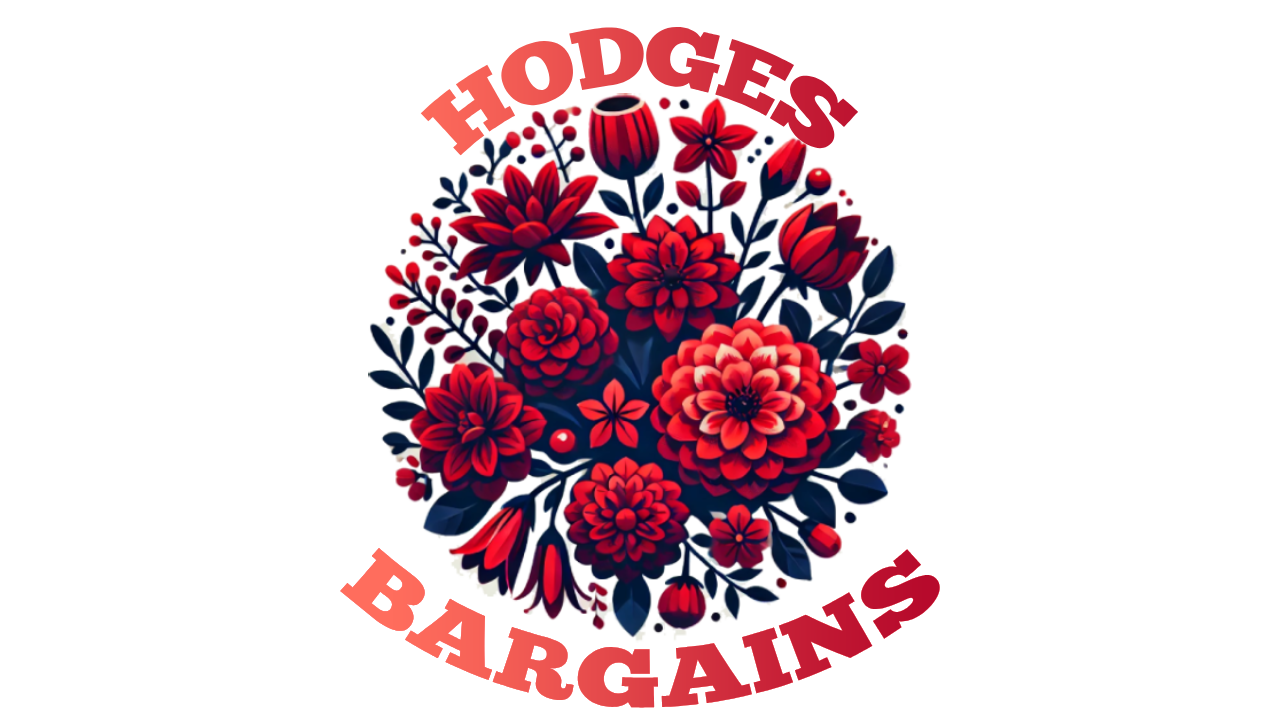In a world inundated with digital distractions, the simple pleasure of engaging the mind through puzzles and brain teasers can be a refreshing and rewarding escape. These mental challenges, often found within the pages of books, offer an array of benefits, from enhancing cognitive function to providing a satisfying sense of achievement. As we dive into some of the best puzzles and brain teasers, you’ll discover how these timeless activities can transform idle moments into opportunities for mental growth.
One of the most beloved puzzles found in books is the classic crossword puzzle. Crosswords are more than just a way to pass the time; they require a diverse set of skills, including vocabulary, reasoning, and memory. Solving a crossword involves filling in a grid with words based on clues provided. These clues can range from straightforward definitions to more cryptic hints that demand lateral thinking. The joy of seeing the puzzle gradually take shape, letter by letter, is unparalleled. Crosswords come in various levels of difficulty, catering to everyone from novices to seasoned solvers. They challenge the mind to think critically and connect seemingly unrelated pieces of information, making them an excellent exercise for brain health.
Sudoku, another staple of puzzle books, offers a different kind of mental workout. This number-based puzzle involves filling a 9×9 grid so that each row, column, and 3×3 section contains all the digits from 1 to 9 without repetition. Unlike crosswords, Sudoku relies on logical reasoning rather than language skills. Each puzzle starts with a partially completed grid, and the challenge lies in deducing the placement of the remaining numbers. Sudoku puzzles vary in difficulty, providing a scalable challenge that can suit both beginners and experts. The process of elimination and pattern recognition required to solve Sudoku can sharpen analytical skills and improve concentration.
For those who enjoy a narrative twist to their puzzles, logic puzzles offer a compelling blend of storytelling and deductive reasoning. Often presented as a series of statements or clues, these puzzles require solvers to piece together information and draw conclusions. One popular type of logic puzzle is the grid-based logic puzzle, where solvers use a grid to keep track of relationships between different elements based on the given clues. These puzzles can range from simple scenarios involving a few characters and attributes to complex stories with multiple variables. The satisfaction of unraveling a well-crafted logic puzzle is akin to solving a mystery, making them a favorite among puzzle enthusiasts.
Word searches are another enjoyable puzzle type commonly found in books. In a word search, a grid filled with letters hides words that need to be found by the solver. The words can be arranged in various directions—horizontally, vertically, diagonally, and even backwards. While word searches may seem simpler compared to crosswords or logic puzzles, they still offer cognitive benefits. They help improve pattern recognition, spelling, and vocabulary. Additionally, the search for words in a seemingly random array of letters can be meditative, providing a calm yet engaging activity for the mind.
Cryptograms offer a unique challenge for those who love deciphering codes. These puzzles involve a piece of encrypted text where each letter has been substituted with another letter. The objective is to crack the code and reveal the original message. Solving a cryptogram requires pattern recognition, frequency analysis, and a good understanding of language. The thrill of breaking the code and uncovering the hidden message is immensely satisfying. Cryptograms not only entertain but also hone analytical thinking and problem-solving skills.
Another intriguing puzzle type found in books is the nonogram, also known as a picross or griddler. Nonograms are picture logic puzzles where solvers fill in a grid based on numerical clues given for each row and column. The filled-in cells eventually form a picture. These puzzles require careful analysis and logical deduction to determine which cells to fill. The process of solving a nonogram is both methodical and creative, as solvers work towards revealing the hidden image. Nonograms can range from simple designs to intricate patterns, offering a variety of challenges that cater to different skill levels.
Rebus puzzles, which use pictures, symbols, and letters to represent words or phrases, add a visual element to the puzzle-solving experience. These puzzles often rely on puns and wordplay, making them both challenging and amusing. Solving a rebus puzzle involves interpreting the visual clues and translating them into the corresponding words or phrases. The blend of visual and linguistic skills required to solve rebus puzzles makes them a fun and stimulating activity for the brain.
In conclusion, puzzles and brain teasers found in books provide an excellent way to keep the mind engaged and entertained. From crosswords and Sudoku to logic puzzles and nonograms, these mental challenges offer a range of cognitive benefits and a satisfying sense of accomplishment. Whether you are looking to improve your vocabulary, sharpen your logical reasoning, or simply enjoy a good mental workout, there is a puzzle out there to suit your interests. So the next time you find yourself with some free time, consider reaching for a puzzle book and letting your mind embark on a journey of discovery and delight.

